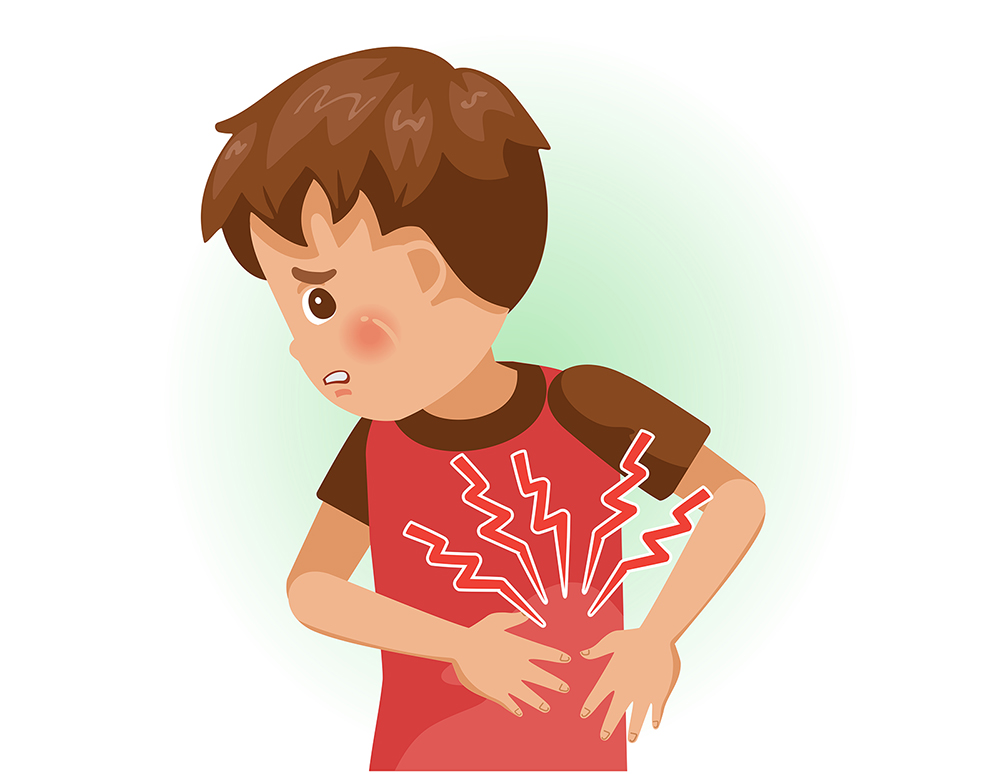 New evidence shows children who experience acute kidney injury (AKI) are at significantly high risk of experiencing kidney health complications later in life, with 18 percent of these children at risk. The results, published in the Journal of the American Society of Nephrology, suggest pediatricians and family doctors should closely monitor children’s kidney health following AKI.
New evidence shows children who experience acute kidney injury (AKI) are at significantly high risk of experiencing kidney health complications later in life, with 18 percent of these children at risk. The results, published in the Journal of the American Society of Nephrology, suggest pediatricians and family doctors should closely monitor children’s kidney health following AKI.
While some studies had already shown a link between AKI in children and long-term kidney health complications, these studies tended to be small or in certain populations (e.g., premature babies, pediatric cancer patients, and children in intensive care units).
Dr. Cherry Mammen is a nephrologist at BC Children’s Hospital who was interested in gaining a better understanding of the impacts of AKI on a larger scale and across a broader pediatric population. To do so, he partnered with colleagues in Ontario, where they track patient kidney outcomes and diagnoses using administrative code data.
“We were able to follow children with and without AKI in the same database over long periods of time, and look at the evolution of their kidney health for a median follow-up of 10 years, which is usually very hard to do in any kind of prospective study,” explains Mammen.
Using these data, the researchers compared the long-term outcomes of more than 4,100 children in Ontario, who were hospitalized with AKI between 1996 and 2020 and didn’t need renal replacement therapy, to outcomes of more than 16,300 hospitalized children without AKI.
Whereas the children without AKI had a 5 percent chance of experiencing adverse kidney events later in life, children who experienced AKI had an 18 percent chance – in other words, 1 in 20 children without AKI versus about 1 in 6 children with AKI experienced adverse kidney events later in life. More specifically, the AKI patients were twice as likely to go on to develop chronic kidney disease, twice as likely to develop hypertension, and three times as likely to experience AKI again during a future hospitalization.
Importantly, Mammen notes that many children with AKI are not referred to a nephrologist, so the responsibility of monitoring kidney health after AKI often falls to other health-care providers, including pediatricians and family doctors, who would see these children more regularly.
He adds, “I think the key point is really to communicate to these other providers to monitor their patients’ kidney health and identify and treat those complications early, before the problems develop further as patients head toward late childhood, adolescence and adulthood.”
Mammen says he is interested in digging deeper into the impacts of pediatric AKI as well as the level of care that’s needed if a child experiences mild, moderate or severe AKI.
“Right now, we still don't know if a kid with mild acute kidney injury needs to be followed up just as much as somebody who has moderate acute kidney injury or severe acute kidney injury,” Mammen explains, noting it would be a valuable area of future study.
